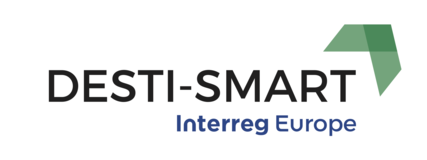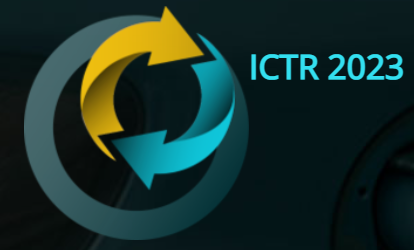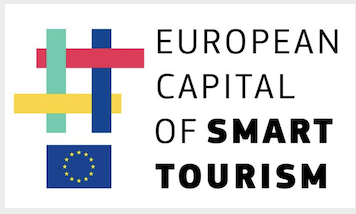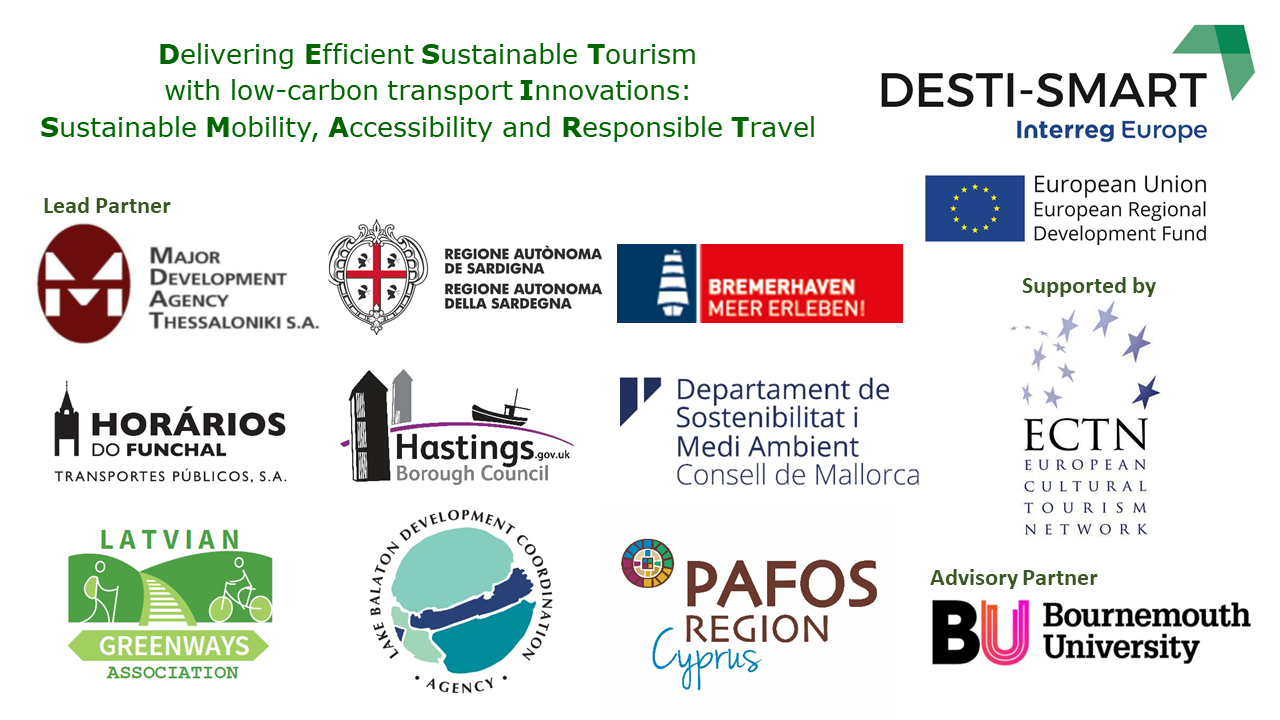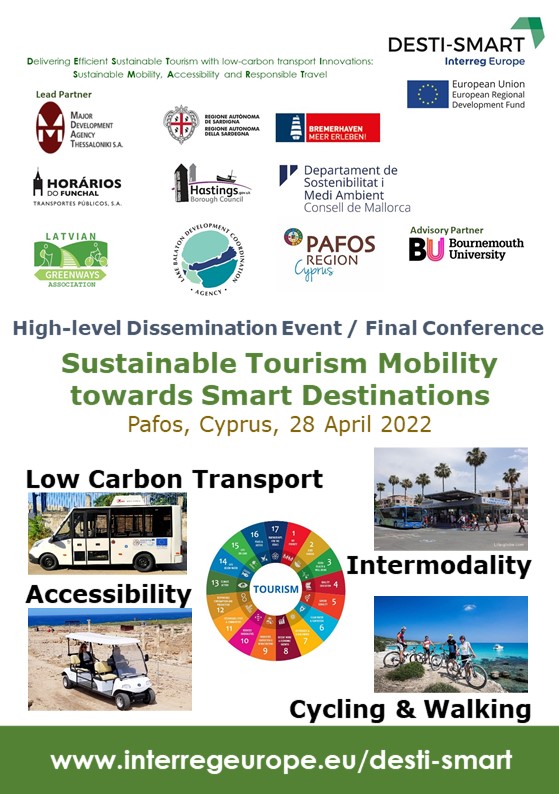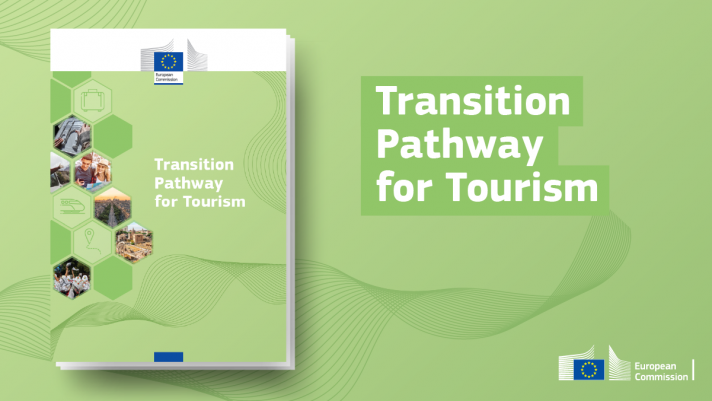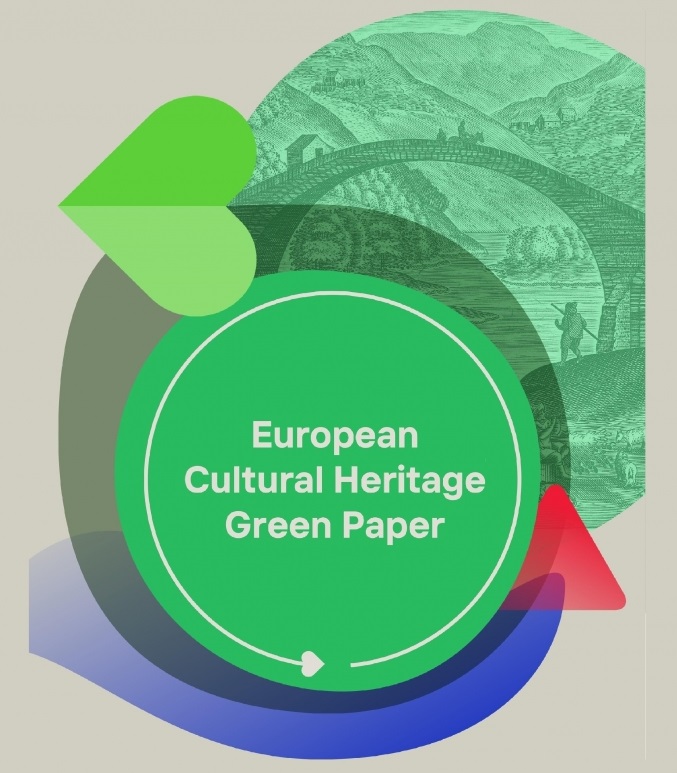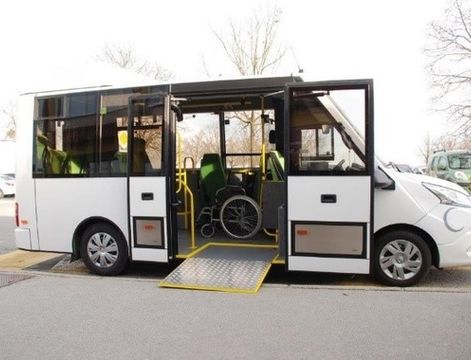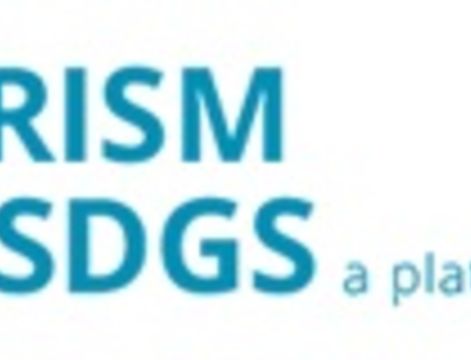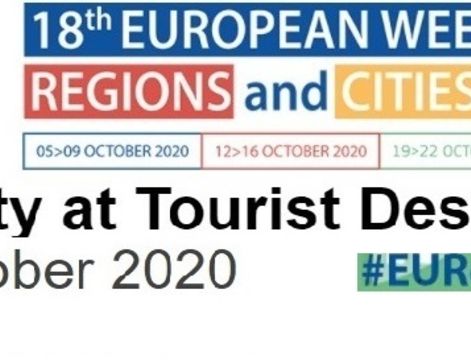DESTI-SMART Project Partnership has identified and established synergies and links with the United Nations Sustainable Development Goals (SDGs).
In particular, the following synergies and links have been identified and established respectively:

SDG 7 – AFFORDABLE AND CLEAN ENERGY
As a sector, which is energy intensive, tourism can accelerate the shift towards increased renewable energy shares in the global energy mix. By promoting investments in clean energy sources, tourism can help to reduce green house gases, mitigate climate change and contribute to access of energy for all.

SDG 9 – INDUSTRY INNOVATION AND INFRASTRUCTURE
Tourism development relies on good public and private infrastructure. The sector can influence public policy for infrastructure upgrade and retrofit, making them more sustainable, innovative and resource-efficient and moving towards low carbon growth, thus attracting tourists and other sources of foreign investment.

SDG 11 – SUSTAINABLE CITIES AND COMMUNITIES
Tourism can advance urban infrastructure and accessibility, promote regeneration and preserve cultural and natural heritage, assets on which tourism depends.
Investment in green infrastructure (more efficient transport, reduced air pollution) should result in smarter and greener cities for, not only residents but also tourists.

SDG 12 – RESPONSIBLE CONSUMPTION AND PRODUCTION
The tourism sector needs to adopt sustainable consumption and production (SCP) modes, accelerating the shift towards sustainability. Tools to monitor sustainable
development impacts for tourism including for energy, water, waste, biodiversity and job creation will result in enhanced economic, social and environmental outcomes.

SDG 13 – CLIMATE ACTION
Tourism contributes to and is affected by climate change. Tourism stakeholders should play a leading role in the global response to climate change. By reducing its carbon footprint, in the transport and accommodation sector, tourism can benefit from low carbon growth and help tackle one of the most pressing challenges of our time.

SDG 17 – PARTNERSHIPS FOR THE GOALS
Due to its cross-sectoral nature, tourism has the ability to strengthen private/public partnerships and engage multiple stakeholders – international, national, regional and local – to work together to achieve the SDGs and other common goals. Public policy and innovative financing are at the core for achieving the 2030 Agenda.
The World Tourism Organization (UNWTO), supported by a wide range of donors and in partnership with other international organizations, civil society, and the private sector, has been providing technical assistance in countries across the globe for more than 40 years. UNWTO’s knowledge and expertise in developing sustainable, responsible, and accessible tourism contributes to a better world.
UNWTO 2030 Tourism Roadmap for Inclusive Growth shall provide a new opportunity for partnerships for development – SDG 17. The projects proposals (to be found on the T4SDGs map) reflect UNWTO Member States needs to build a more resilient, sustainable and innovative tourism sector that generates jobs and promotes inclusive, low-carbon growth in line with all three dimensions of sustainable development: people, the planet and prosperity.
Investing in people, boosting infrastructure development, shaping better policies and institutions, building resilience, stimulating entrepreneurship, fostering innovation and digitalization, and making sustainable use of rich biodiversity and culture should be at the core of our efforts to unlock the potential of tourism growth while mitigating migration and preserving each destination’s natural and cultural assets.

